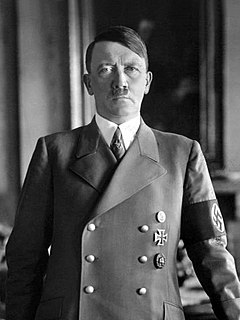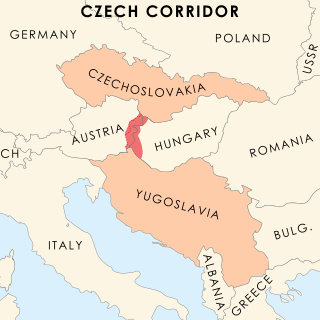
Peacemakers: The Paris Peace Conference of 1919 and Its Attempt to End War (2001) is a historical narrative about the events of the Paris Peace Conference of 1919. It was written by the Canadian historian Margaret MacMillan with a foreword by American diplomat Richard Holbrooke. The book has also been published under the titles Paris 1919: Six Months That Changed the World and Peacemakers: Six Months That Changed the World.

Margaret Olwen MacMillan is a Canadian historian and professor at the University of Oxford. She is former provost of Trinity College and professor of history at the University of Toronto and previously at Ryerson University. A leading expert on history and international relations, MacMillan is a commentator in the media.

Richard Charles Albert Holbrooke was an American diplomat, magazine editor, author, professor, Peace Corps official, and investment banker.
Contents
Peacemakers describes the six months of negotiations that took place in Paris, France following World War I. The book focuses on the "Big Three", photographed together on its cover (left to right): Prime Minister David Lloyd George of the United Kingdom, Premier Georges Clemenceau of France, and President Woodrow Wilson of the United States.

World War I, also known as the First World War or the Great War, was a global war originating in Europe that lasted from 28 July 1914 to 11 November 1918. Contemporaneously described as "the war to end all wars", it led to the mobilisation of more than 70 million military personnel, including 60 million Europeans, making it one of the largest wars in history. It is also one of the deadliest conflicts in history, with an estimated nine million combatants and seven million civilian deaths as a direct result of the war, while resulting genocides and the 1918 influenza pandemic caused another 50 to 100 million deaths worldwide.

David Lloyd George, 1st Earl Lloyd-George of Dwyfor, was a British statesman and Liberal Party politician. He was the last Liberal to serve as Prime Minister of the United Kingdom.

Georges Eugène Benjamin Clemenceau was a French politician who was Prime Minister of France during the First World War. A leading independent Radical, he played a central role in the politics of the French Third Republic.
The book argues that the conditions imposed on Germany in the Treaty of Versailles did not lead to the rise of Adolf Hitler, asking the question: Was the Great War "an unmitigated catastrophe in a sea of mud", or "about something", and concluding "It is condescending and wrong to think they were hoodwinked."

The Treaty of Versailles was the most important of the peace treaties that brought World War I to an end. The Treaty ended the state of war between Germany and the Allied Powers. It was signed on 28 June 1919 in Versailles, exactly five years after the assassination of Archduke Franz Ferdinand, which had directly led to the war. The other Central Powers on the German side signed separate treaties. Although the armistice, signed on 11 November 1918, ended the actual fighting, it took six months of Allied negotiations at the Paris Peace Conference to conclude the peace treaty. The treaty was registered by the Secretariat of the League of Nations on 21 October 1919.

Adolf Hitler was a German politician and leader of the Nazi Party. He rose to power as Chancellor of Germany in 1933 and later Führer in 1934. During his dictatorship from 1933 to 1945, he initiated World War II in Europe by invading Poland in September 1939. He was closely involved in military operations throughout the war and was central to the perpetration of the Holocaust.
British World War I Prime Minister David Lloyd George is the author's great-grandfather.










